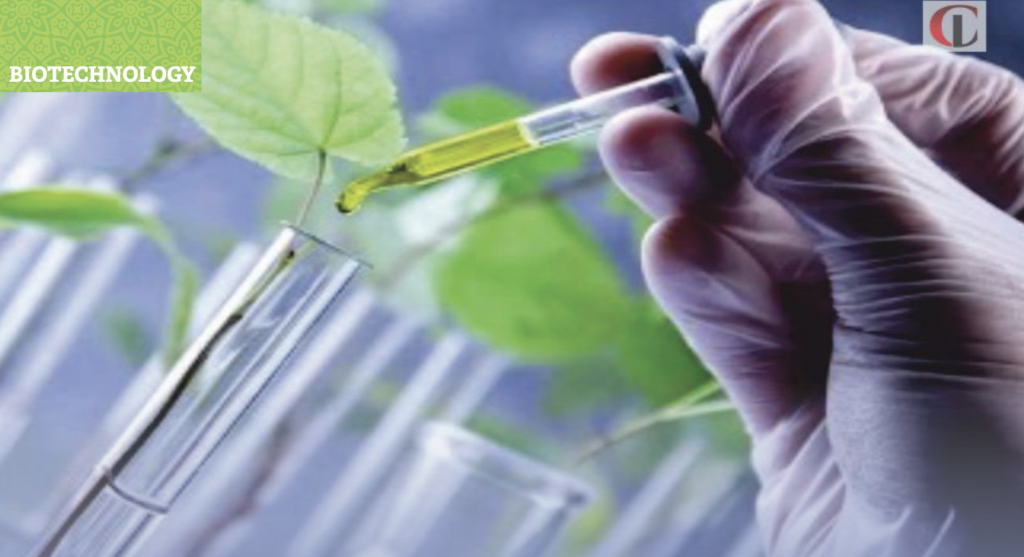By Verenardo Meeme
During the workshop hosted by AATF’s Open Forum on Agricultural Biotechnology in Africa (OFAB), participants shared experiences and ideas to advance biosafety regulation in selected African countries. The meeting took place against the backdrop of various African countries being at different stages when it comes to regulating biotechnology.
For instance, Nigeria’s National Biosafety Management Agency (NBMA) was established in 2015 to oversee biosafety regulations. The country has approved some genetically modified (GM) crops for cultivation, such as Bt cotton and pod borer-resistant (PBR) cowpea.
Kenya has a well-established biosafety regulatory system. The National Biosafety Authority (NBA) was established through the Biosafety Act, 2009 to regulate all activities involving GMOs in food, feed, research, industry, trade and environmental release. The authority ensures safe development, transfer, handling and use of GMOs in the country.
Ghana established its National Biosafety Authority (NBA) to regulate biotechnology and biosafety. The country has conducted field trials of GM crops, including Bt cotton and PBR cowpea, while Ethiopia signed the Convention on Biological Diversity1993.
In 2000, Ethiopia signed the Cartagena Protocol on Biosafety and ratified it in 2003.
OFAB is a partnership platform that contributes to the creation of an enabling environment for biotechnology research, development, and deployment for the benefit of smallholder farmers in Africa. OFAB operates in Burkina Faso, Ethiopia, Ghana, Kenya, Malawi, Mozambique, Nigeria, Rwanda, Uganda and Tanzania.
Dr Litha Maginqxa, the ARC, South Africa chief executive officer, said recommendations from the retreat would help enhance agricultural biosafety regulatory frameworks in the continent. He commended ARC’s long-standing partnership with OFAB, noting that earlier this year ARC welcomed a group of legal professionals from OFAB countries for training workshops.
Through knowledge and awareness, OFAB aims at building understanding of agricultural biotechnology to inform decision making. The retreat encompassed interactive sessions, including plenary and biosafety clinics. During the plenary sessions, experts presented the current state of biosafety systems in different participating countries.
AATF Head of Policy and Regulatory Affairs, Dr Francis Nang’ayo, spoke about the approaches to GM regulation on policy choices and African countries’ endeavours to develop National Biosafety Frameworks (NBFs) over the last 30 years. ARC is involved in several initiatives, including a private public partnership known as the TELA maize project, an extension of the WEMA project. The project partners with national research organisations in Ethiopia, Kenya, Mozambique, Nigeria, and South Africa.
The project seeks to enhance food security and improve rural livelihood of smallholder farmers in Africa through the development, deregulation, and deployment of drought-tolerant and insect-protected GMO maize. South Africa is the only TELA country where farmers are already growing GMO maize hybrids.
Only a few countries have successfully commercialised GMO – Eswatini, Ethiopia, Kenya, Malawi, Nigeria, South Africa and Sudan, just 12 percent of the continent. The workshop participants concurred that regulators should not operate in silos. They also considered the inclusion of lawyers and media house editors in the next engagement. “Adoption of agricultural technologies is influenced by public perception, for instance, perception of risk, which transcends scientific facts.
Therefore, trust building is critical in communicating science for adoption – address fears while respecting deep seated values,’’ the OFAB project manager, Vitumbiko Chinoko, said. Dr. Samuel E. Timpo, Head, Regional Office-Dakar Head, Biosafety Division/ABNE, made a presentation on Biosafety Regulatory Experiences in Africa.
He observed that Africa’s food systems and rural livelihoods were being negatively impacted by climate change and increasing climate variability and climate extremes hence the need to embrace call to action as envisioned in Agenda 2063 of the African Union. Dr Timpo said that AUDA-NEPAD should work with regional economic communities (RECs) to build functional biosafety systems.
Verenardo Meeme is the Programme Officer, Open Forum on Agricultural Biotechnology in Africa (OFAB) at AATF.

